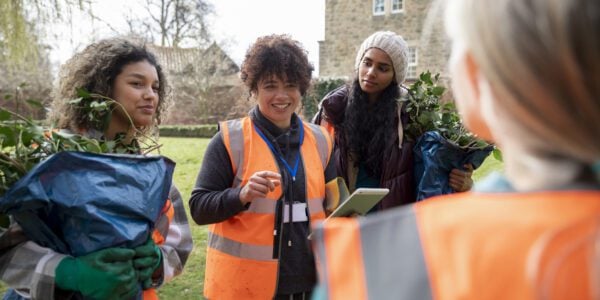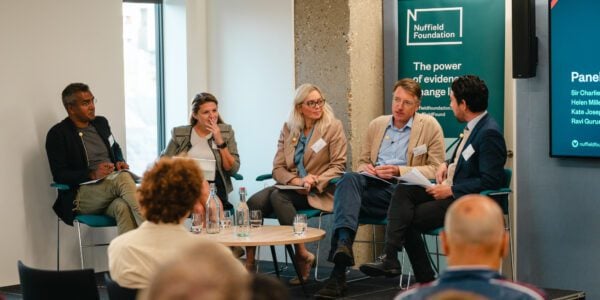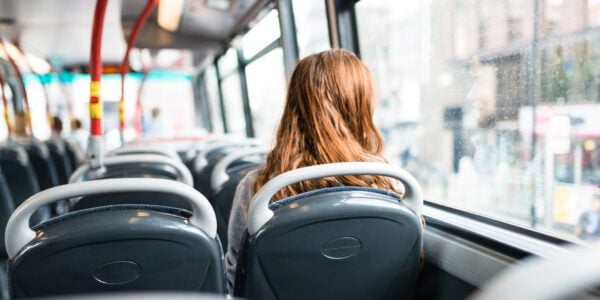
15/12/21
2 min read
Women who are the first in their family to graduate from university earn 7% less in their mid-20s compared to female graduates whose parents attended university. In contrast, first generation male graduates tend not to face a similar pay penalty.
First generation, or ‘first in family’ university students, are less likely to attend an elite institution and 4% more likely to drop out than those with graduate parents, according to new Nuffield-funded research from the UCL Centre for Longitudinal Studies.
The research team analysed data collected from over 7,700 participants taking part in Next Steps, a longitudinal cohort study which has been following the lives of a group of people in England, born in 1989-90, since secondary school.
First generation students face multiple disadvantages
The government recently urged universities to reduce dropout rates and introduce new targets to support disadvantaged students through university and into highly paid, skilled jobs. This new research reveals that students with non-graduate parents face multiple disadvantages when it comes to university participation.
Unlike first generation male graduates, first in family female graduates have, on average, lower pre-university educational attainment than their female peers with at least one graduate parent. However, this only partly explains the first in family female pay gap.
The study also reveals that first in family female graduates:
- Are less likely to attend a more selective university;
- Tend to work in smaller firms, and in jobs that don’t require a degree;
- Are more likely to become mothers by the age of 25;
- Tend to have a higher level of non-cognitive skills (such as academic self-belief and greater work ethic) than their peers who match their parents’ education with no degree;
- Are more likely to select and be accepted on law, economics and management courses and less likely to select and be accepted on social sciences, arts and humanities courses than their peers with a graduate parent.
Lead author, Dr Morag Henderson at the UCL Centre for Longitudinal Studies, said: “Universities should target first generation students in their recruitment and ensure that there are systems to support them while at university. We recommend that universities target some of their successful mentoring schemes specifically to first in family students to reduce the risk of dropout among this group.
“And while it is encouraging to hear the government suggesting that university is ’as much about getting on as it is about getting in’, their new plans to reduce dropout rates and set targets for entry into well-paid jobs among disadvantaged graduates should consider those who are first in their family to attend university.”
Cheryl Lloyd, Education Programme Head at the Nuffield Foundation, said: “This research confirms that ‘first in family’ should continue to be a component of widening participation measures used by universities and other programmes aiming to support young people to access and succeed in higher education.
“Policymakers should also work with employers and stakeholders across the education sector to improve support for students who are the first in their family to attend university across all phases of education, to improve attainment and to help students make decisions about further study and career pathways.”
































